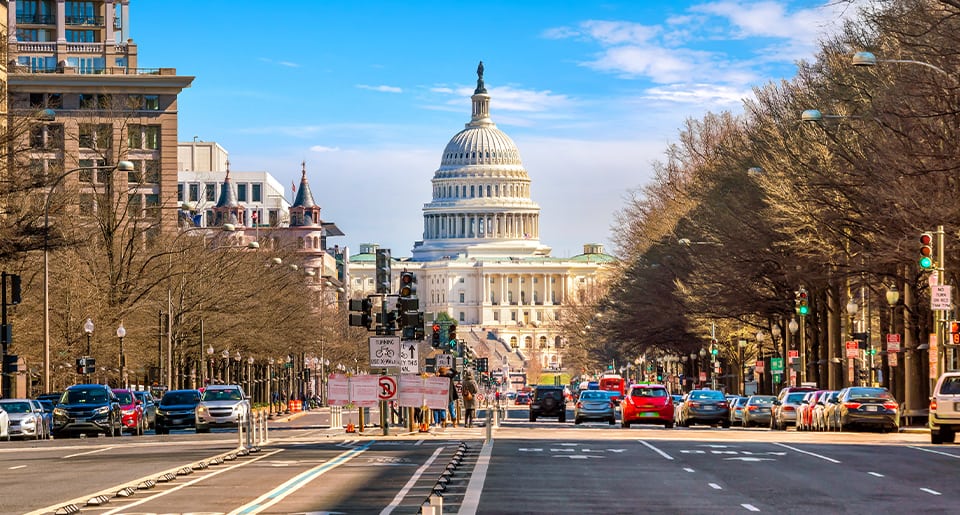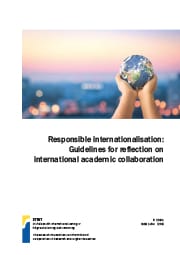On 18 February 2020, STINT organised a panel at the AIEA conference in Washington, DC. The panel focused on international research collaborations in an increasingly complex world and responsible internationalisation.
The topic of this year’s conference of the Association of International Education Administrators (AIEA) was “Rethinking comprehensive internationalization for a global generation.” Prevalent topics of discussion included geopolitical tensions, particularly between the USA and China, the effect of the new coronavirus on international mobility, and the academic sector’s efforts to meet the UN Sustainable Development Goals.
Global conditions clearly affect the strategic internationalisation efforts of higher education institutions (HEIs). Various political areas, such as trade, national security, global health, science and education now intersect in a completely different manner than before, and this change has taken place during a short period. The academic sector’s approach to such changed conditions is still uncertain and under development. At the same time, different social stakeholders exert greater influence. This is both positive and challenging. On the one hand, it is good that stakeholders that have not traditionally been in active dialogue with HEIs now contribute their views and add another dimension to HEIs’ embeddedness in their communities. On the other hand, the academic freedom and institutional autonomy of HEIs must be protected. Achieving this balance is not that easy, as was clear from the discussions in which STINT participated during the conference.
The topic of STINT’s panel session with Andreas Göthenberg, Tommy Shih, Sylvia Schwaag Serger and Jason E. Lane was international research collaborations in an increasingly complex world and responsible internationalisation. Tommy Shih presented the document on responsible internationalisation, developed by STINT together with Karolinska Institutet, KTH Royal Institute of Technology and Lund University, and how it can be used. The panel further discussed how academic actors could approach internationalisation more responsibly to handle the current variety of aims and circumstances. The subsequent question session and discussion agreed that, given present conditions, the academy must take more responsibility and be more proactive in its internationalisation efforts. Overall, the audience had positive feedback on the document on responsible internationalisation that was drawn up to support strategic planning and encourage HEIs and researchers to reflect on internationalisation.


